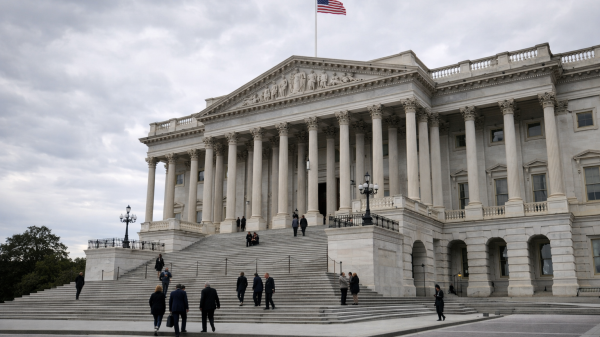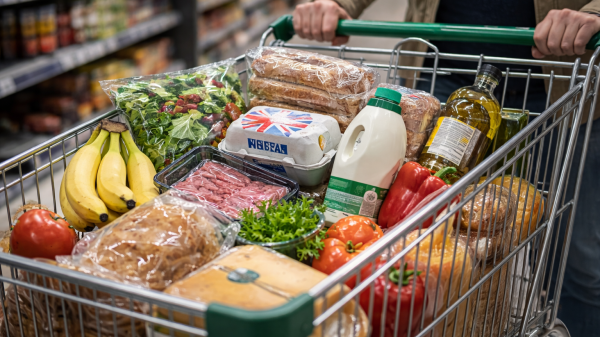In November 2024, Chile’s inflation rate saw a positive drop to 4.2%, down from 4.7% in October.
This shift is significant for consumers and policymakers, as it comes amid various economic challenges and uncertainties.
The decrease in inflation provides hope for improving consumer behaviour and guiding economic strategies.
Consumer prices rose just 0.2% in November, a slowdown compared to October’s 1% increase.
This easing trend in inflation suggests that the factors causing prices to rise might finally be easing.
Analysts had anticipated a slightly higher increase of 0.3%, making the smaller rise rather interesting for economists monitoring Chile’s economy’s future.
Food and non-alcoholic beverage prices drop
This unexpected moderation could reflect changes in consumer confidence and spending habits.
One of the highlights of the November inflation report was the surprising drop in prices for food and non-alcoholic beverages, which fell by 0.3% after a substantial jump of 2.2% in October.
This decline is particularly significant as food prices greatly impact overall inflation.
Lower food costs could relieve households struggling with tight budgets and rising living expenses, helping boost consumer purchasing power and overall economic sentiment.
Additionally, prices for alcoholic beverages and tobacco also decreased by 1% in November, in sharp contrast to a 1.8% increase in the previous month.
This reduction may reflect changing consumer spending habits as people adapt to the current economic climate.
As prioritizing purchases becomes more essential, these sectors may see more adjustments, indicating a more cautious approach to discretionary spending.
A closer look at the inflation data reveals a general slowing trend across different categories within the consumer price index.
Other price categories slow down
Housing and utilities prices rose only 0.2% in November, significantly less than the 3.1% increase in October.
This cooling trend suggests that aggressive inflation contributors are beginning to stabilize, creating a more welcoming environment for consumers.
Similarly, the miscellaneous goods and services category saw a minor rise of just 0.1%, down from 0.4% the month before, and the recreation and culture sector also displayed reduced price growth.
However, core consumer prices—excluding the more volatile food and energy prices—actually increased by 0.5% in November, following a 0.2% increase in October.
This slight uptick raises important questions regarding underlying inflation trends in non-food categories, which economists and policymakers will closely examine for insights into future market dynamics and policy decisions.
Core consumer prices show moderate growth
The drop in the inflation rate to 4.2% will guide policymakers in Chile as they navigate economic recovery and stability.
Should this decline continue, it may influence the Chilean Central Bank to consider more aggressive monetary easing, aiming to stimulate growth without triggering a new wave of inflation.
Balancing economic growth and price stability will be a critical and delicate task for decision-makers. As the year comes to a close, Chile faces ongoing uncertainties in its economic landscape.
While recent inflation numbers provide some relief for consumers and businesses, both global and local factors will heavily influence the country’s financial future.
Implications for policymakers
The November data emphasizes the need for continuous monitoring and adaptable policies to maintain sustainable economic growth.
There’s hope that this decline in inflation might mark the start of a longer trend that benefits consumers and the economy overall, necessitating careful evaluation and responsive strategies as Chile moves forward.
The post Chile’s inflation rate slows to 4.2% in Nov as food, housing prices ease appeared first on Invezz




































